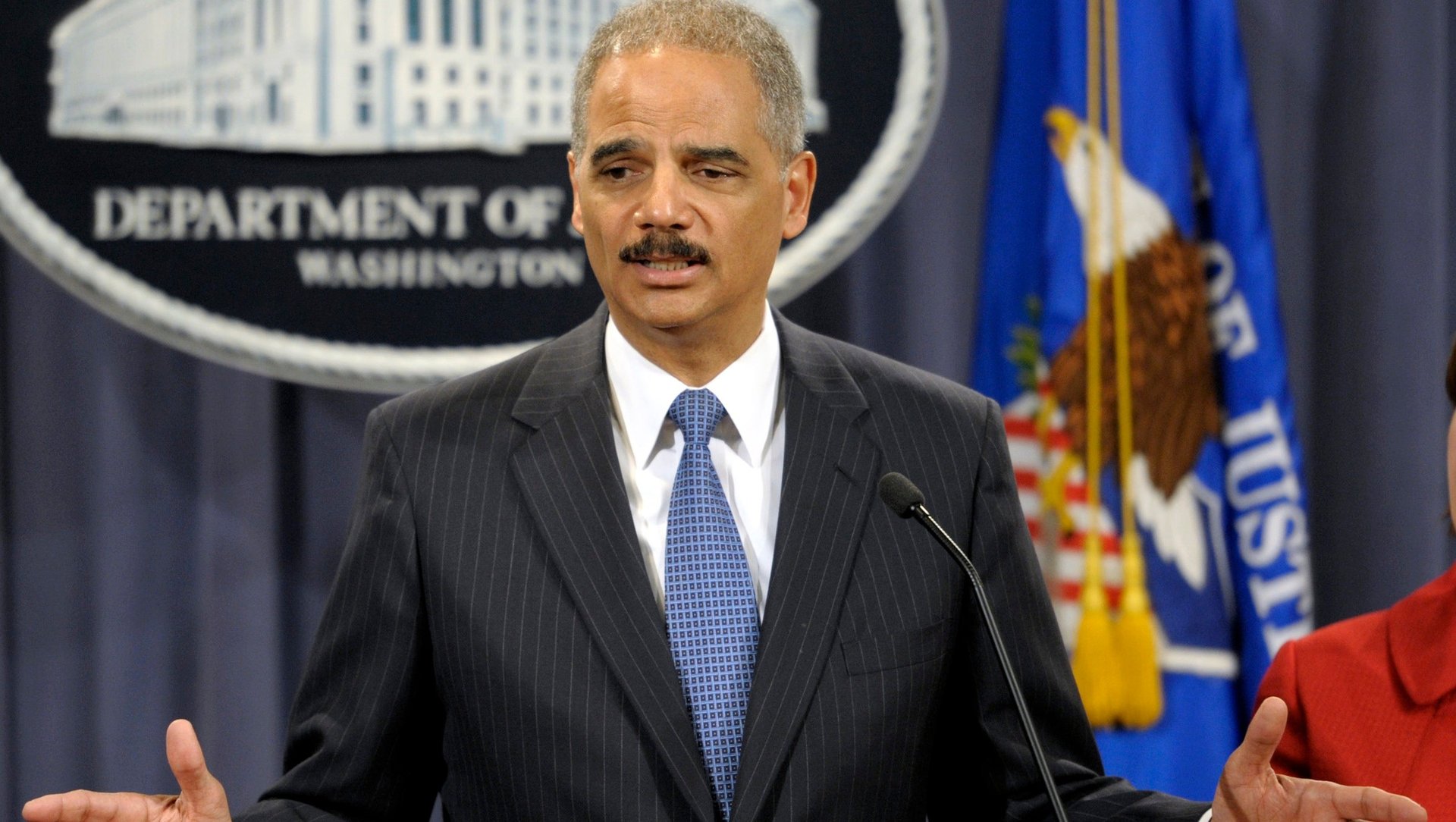Good luck figuring out Apple’s litigation risk
A US federal judge today found that Apple violated antitrust law by conspiring to raise the sale price of e-books before it entered that market. That sets the stage for a trial on damages; Apple is appealing the ruling. It’s just one of several lawsuits facing Apple that could impact its financial position—if only we could get some sense of the company’s overall litigation costs.


A US federal judge today found that Apple violated antitrust law by conspiring to raise the sale price of e-books before it entered that market. That sets the stage for a trial on damages; Apple is appealing the ruling. It’s just one of several lawsuits facing Apple that could impact its financial position—if only we could get some sense of the company’s overall litigation costs.
Companies are supposed to tell shareholders about significant ongoing legal proceedings, but they have a lot of leeway in deciding what matters enough to disclose. In Apple’s case, the answer lately has been: very little.
Apple doesn’t disclose how much it spends on legal fees (one estimate puts its smartphone patent litigation fees at $700 million) but in its last quarterly earnings filing, it said “litigation is often expensive, time-consuming, disruptive to the Company’s operations, and distracting to management.”
Granted, few companies say a lot about the lawsuits they face, much less quantify the potential damage. That’s because it doesn’t look good: an admission of weakness could embolden plaintiffs, and throwing big numbers around might scare investors.
But some do, in part thanks to periodic prodding from the US Securities and Exchange Commission, which says companies are supposed to make a good faith effort to assess the “reasonably possible” litigation losses they face, and disclose them to the extent possible. Goldman Sachs, for example, recently disclosed that its reasonably possible litigation losses could total up to $3.5 billion.
In its recent filings to the SEC, Apple does list some of the cases in which it is involved. For example, in a patent lawsuit against Apple, a jury last year awarded damages of $368 million to VirnetX, which accused Apple of infringing on four patents relating to network communications technology. Apple is appealing that verdict. VirnetX has also filed another lawsuit against Apple making accusations similar to the last case, but covering new products, like the iPhone 5 and iPad Mini, which weren’t out when the original lawsuit was filed.
In an antitrust lawsuit against Apple that is still pending, the company is accused of illegally tying music and video purchases from iTunes to the buying of an iPod. If Apple fails to win these cases or subsequent appeals, the damage, according to the company, is a “remote” possibility, though Apple acknowledges that its financial statements “could be materially adversely affected.”
Still, it’s worth noting that Apple has also won money in lawsuits. Last year, a jury awarded the company $1.05 billion for its patent lawsuit against Samsung, which was accused of copying Apple’s iPhone and iPad designs. A judge later upheld only $599 million of that award and ordered a new trial to reassess the remaining portion, saying jurors had made mistakes in calculating the $1.05 billion judgment.